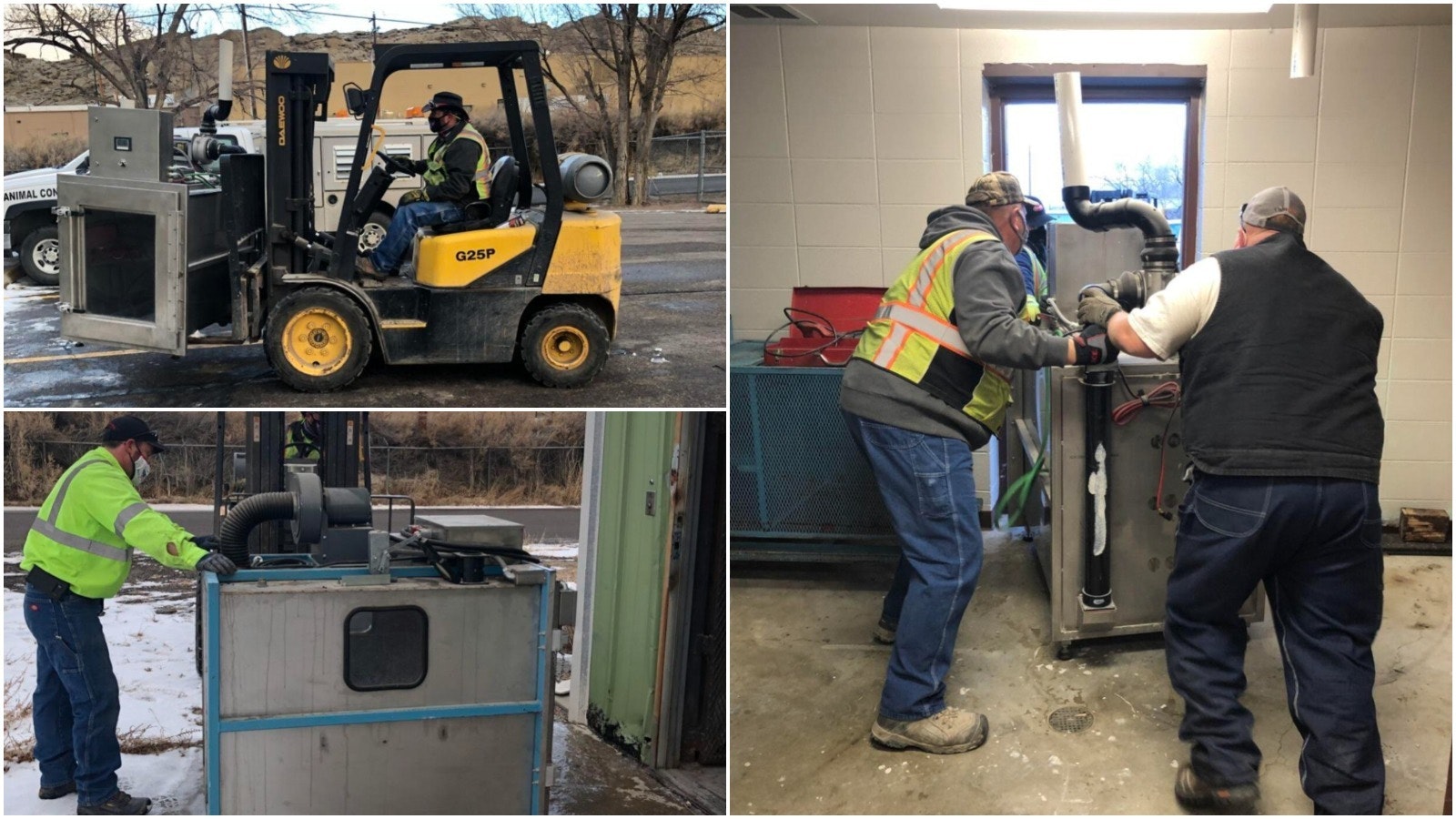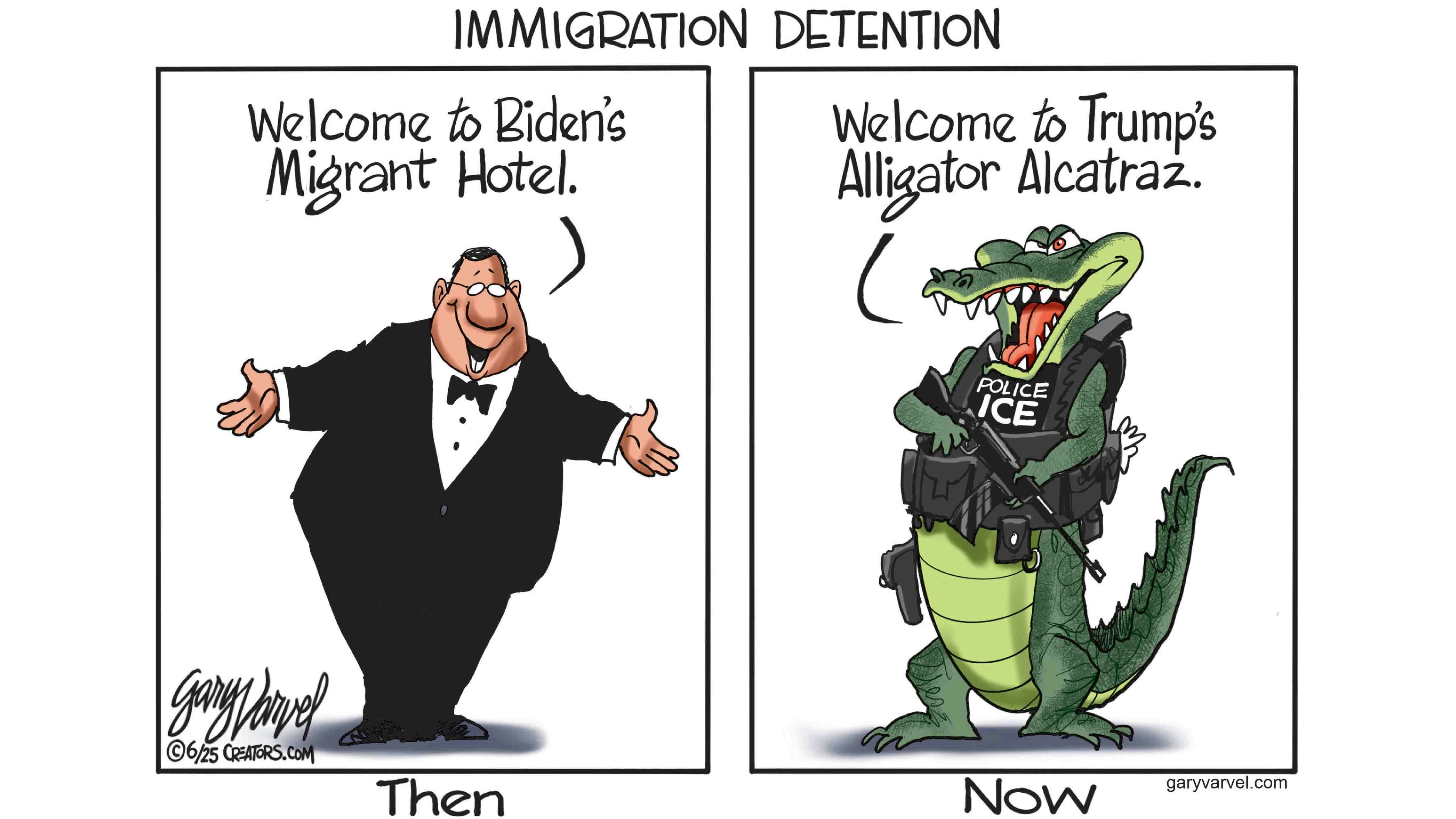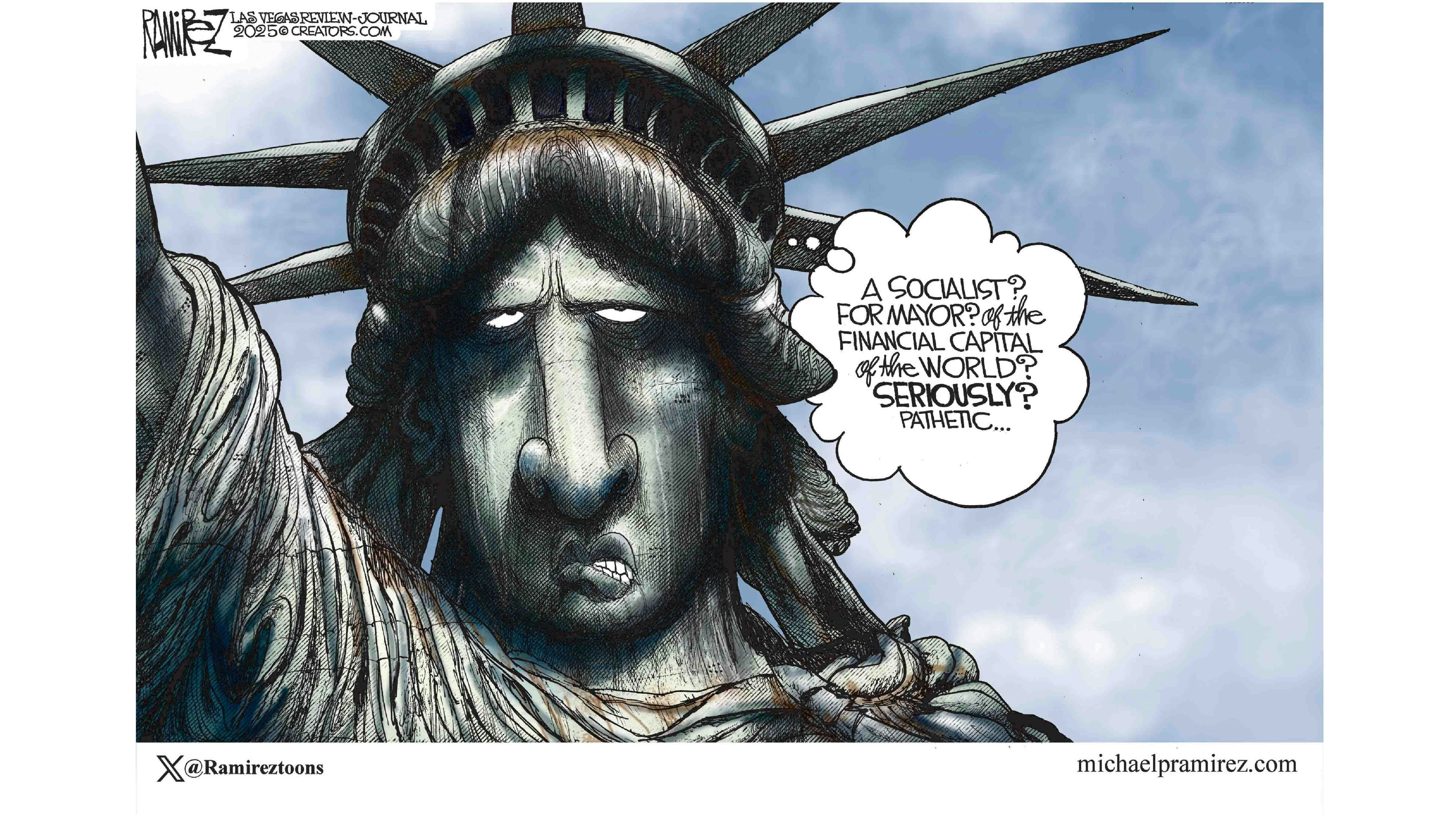It is unlikely Wyoming’s Legislature will tackle the state’s budget problems in its next special session, the president of the state’s Senate said Friday.
Sen. Drew Perkins, R-Casper, said legislators probably won’t have enough information by the time they hold their next special session to deal with the revenue shortfalls expected for the state’s budget.
“If you’re going to make smart decisions, you’ve got to have enough data and you have to have data that shows some trends from which you can extrapolate the future,” he said. “We’re not even going to have two to three months of data on what the effect of the shutdown has been until the end of June.”
Legislative leaders have said the Legislature will probably convene again in late June to continue dealing with the impacts of coronavirus.
House Speaker Steve Harshman, R-Casper, agreed with Perkins the Legislature may not deal with revenue shortfalls until it meets for its regular session in 2021.
“As far as cutting budgets, that’s for later,” Harshman said. “That’s not for June, July or August. It might be a mission for the 66th (session of the Legislature). We’ll learn more every week.
Perkins said instead, it will probably be up to Gov. Mark Gordon to make budget changes needed in 2020 to begin adjusting to a projected revenue decline of 30% to 40%.
“I expect you’ll see the governor move aggressively to reign this in, to move it where he wants to go,” he said. “It’s very apparent the budget we passed was based on projections that will not happen.”
While the state budget approved for the 2021-2022 biennium was prepared with knowledge of declining coal tax revenues, the state’s oil industry has been hit in recent weeks with a price slump that saw prices dip briefly below zero. In addition, the economic impact of the coronavirus pandemic is likely to produce cuts in other revenue such as sales taxes.
Perkins and Harshman met by video with reporters Friday to give their thoughts on the special session held May 15 and 16.
During the session, attended largely by legislators who took part through a video meeting app, lawmakers approved three bills that set up a series of relief programs for businesses and renters.
“It went amazingly well for having never done this before,” Perkins said.
Perkins added he was pleased with how many members of the public were able to watch the proceedings online.
The session was largely focused on how $1.25 billion in federal coronavirus relief funds shoujld be spent.
Harshman said while more federal assistance that could be used to balance state budgets would be helpful, policies that would allow the national economy to open back up would be even better.
“Everybody else has to open up,” he said. “We need factories going, we need electricity consumption to go up, we need people driving and flying again so our exports can go to market and we can keep people working.”





